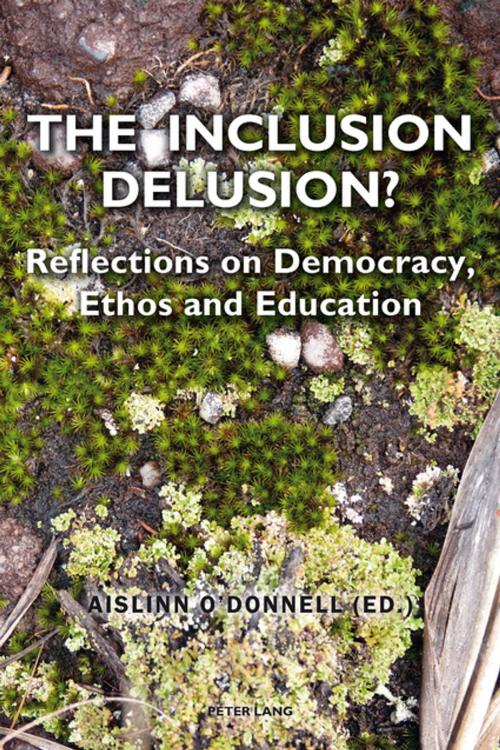The Inclusion Delusion?
Reflections on Democracy, Ethos and Education
Nonfiction, Reference & Language, Education & Teaching, Educational Theory, Educational Reform, Philosophy & Social Aspects| Author: | ISBN: | 9783035398038 | |
| Publisher: | Peter Lang | Publication: | November 25, 2014 |
| Imprint: | Peter Lang AG, Internationaler Verlag der Wissenschaften | Language: | English |
| Author: | |
| ISBN: | 9783035398038 |
| Publisher: | Peter Lang |
| Publication: | November 25, 2014 |
| Imprint: | Peter Lang AG, Internationaler Verlag der Wissenschaften |
| Language: | English |
It may seem self-evident that a democratic society ought to develop inclusive institutions and an inclusive educational system, yet when we try to define what we understand by inclusion, its complexity becomes apparent. This book does not seek to diminish that complexity but aims to deepen our understanding of the idea and ideals of inclusion, as well as examining the presuppositions, values, aims and blind-spots associated with the language of inclusion. What do we mean by the concept? What normative assumptions underpin discourses of inclusion? What happens when we fail to think about the unintended consequences of including those who were previously excluded? Is there an implicit ideal of ‘normality’ at play? Does the concept of inclusion foreclose interrogation of patterns of privilege and power?
This book argues that in order to develop just and inclusive institutions we must begin from the standpoint of those who feel silenced, marginalised and excluded. Responding to the context of Irish education, it makes an important contribution to ongoing debates in Ireland and internationally about how institutions need to change if they are to become genuinely inclusive.
It may seem self-evident that a democratic society ought to develop inclusive institutions and an inclusive educational system, yet when we try to define what we understand by inclusion, its complexity becomes apparent. This book does not seek to diminish that complexity but aims to deepen our understanding of the idea and ideals of inclusion, as well as examining the presuppositions, values, aims and blind-spots associated with the language of inclusion. What do we mean by the concept? What normative assumptions underpin discourses of inclusion? What happens when we fail to think about the unintended consequences of including those who were previously excluded? Is there an implicit ideal of ‘normality’ at play? Does the concept of inclusion foreclose interrogation of patterns of privilege and power?
This book argues that in order to develop just and inclusive institutions we must begin from the standpoint of those who feel silenced, marginalised and excluded. Responding to the context of Irish education, it makes an important contribution to ongoing debates in Ireland and internationally about how institutions need to change if they are to become genuinely inclusive.















